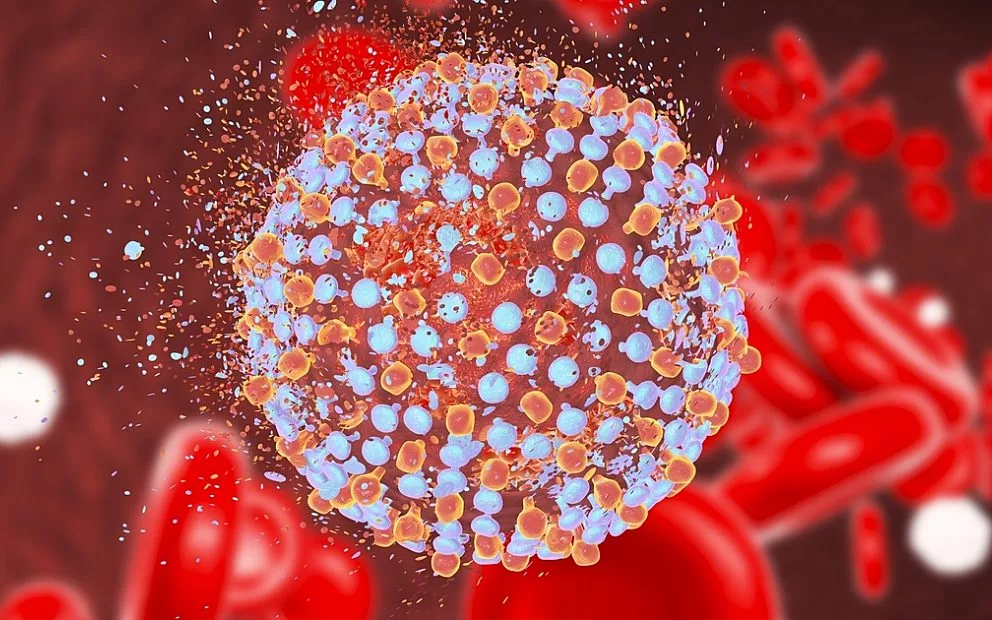This World Hepatitis Day, SAHMRI proudly stands with the global Find the Missing Millions campaign and Australia’s commitment to eliminate viral hepatitis as a public health threat by 2030.
Associate Professor James Ward from SAHMRI’s Sexual Health and Wellbeing Group is encouraging anyone who could be one of the missing millions living with viral hepatitis to seek health care.
“Here in Australia viral hepatitis, particularly hepatitis B and C, remains an important health issue,” Associate Professor Ward says.
“Australia’s response to hepatitis is considered one of the best in the world but as we move towards the 2030 targets it’s imperative that we leave no one behind. This will mean ensuring everyone has access to testing and treatment.”
It’s estimated around 170,000 Australians are living with hepatitis C but around 20 per cent of those people don’t know it. While people can live with the virus for long periods with little or no external symptoms, it is a major cause of liver cancer, cirrhosis and other potentially fatal liver diseases.
With recent medical advances, Associate Professor Ward says both testing and treatment are now faster, more effective and within reach for most Australians.
“For hepatitis C there is now effective treatment with little side effects that can cure the virus in 95 per cent of people within two-to-three months,” he says.
“A hepatitis B vaccination is readily available and usually administered at birth. Plus there’s medication to help prevent complications, such as liver cancer, from developing in people already living with chronic hepatitis B.
“The overwhelming message is for anyone who thinks they could have this virus to talk to their doctor. Just as importantly, we’re urging GPs to talk to patients who might be at risk.”
Hepatitis is more prevalent among culturally and linguistically diverse populations, among people who have injected drugs, among those who have been in prison and among gay men.
Hepatitis C is five times more common among Aboriginal and Torres Strait Islander people than the general population.
Associate Professor Ward says this group in particular is missing out on recent treatment advancements.
“That’s why we’ve developed targeted initiatives for at-risk communities such as our ongoing Young, Deadly, Free campaign and the SCALE-C study which uses rapid hepatitis c testing in primary care,” he says.
“This enables people to be tested, diagnosed and placed on treatment within about 2 hours, removing the barriers to care for many people.”



